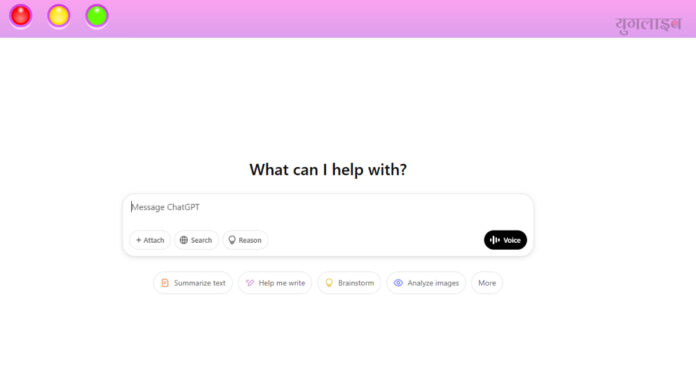In a major shift that could reshape the future of online search, OpenAI announced Wednesday that its ChatGPT.com Search feature is now available to everyone—no account or login required. The move marks a significant challenge to traditional search engines like Google and represents OpenAI’s boldest step yet toward democratizing AI technology.
The AI company has gradually expanded access to its search capabilities, first introducing them to paying subscribers in 2023, then to all registered users in late 2024, before this latest expansion to the general public.
“Users can now access real-time, web-based search results without any barriers,” an OpenAI spokesperson said. The system automatically updates its information for most queries, while users can manually trigger web searches using a dedicated button below the input bar.
This development comes amid a flurry of recent updates from OpenAI, including:
• The launch of their new o3-mini model
• A “Deep Research” feature for handling complex, multi-step queries
• A complete brand refresh featuring a new logo
The timing is particularly significant as OpenAI faces growing competition from emerging AI companies like DeepSeek, known for developing cost-effective AI models. However, OpenAI’s approach differs fundamentally from traditional search engines by providing AI-curated answers rather than just links to websites.
The move also comes as tech giants increasingly compete for dominance in AI-powered search capabilities. Google recently announced its own AI search experiments, while Microsoft has deeply integrated OpenAI’s technology into Bing.
For users, the change means immediate access to ChatGPT’s search capabilities without the need to create an account or remember login credentials. The service can be accessed directly through OpenAI’s website, offering instant answers to queries powered by the latest available information from across the web.
While it’s too early to gauge the impact on traditional search engines, this development signals a significant shift in how people might access and process information online in the future.




